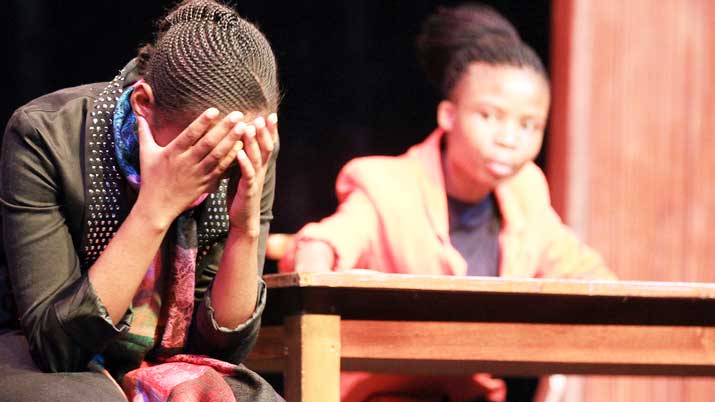The previous piece, A Focuson Household Indebtedness(1), made mention of a cripplingsocial disease in Botswana;continued and continual householdindebtedness. As previously stated,the disease has consequences atall levels; (i) micro; (ii) meso; and(iii) macro. Given the fact that badhousehold indebtedness is not a virtue,what must be done to extricateBatswana from the clutches of thisdisease?Owing to the fact that debt is a factof life, we must ask an all-importantquestion; ‘is there such a thingas “good debt”? In 1602, WilliamShakespeare, in Hamlet, counselledagainst debt saying that ‘neither aborrower nor a lender be; for loan oftloses both itself and friend, and borrowingdulls the edge of husbandry.This above all: to thine own self betrue, and it must follow, as the nightthe day, thou canst not then be falseto any man.’
Despite Shakespeare’scounsel, and that of same-mindedpersons who summarily dismiss debtas to automatically mean that there issuch a thing as a ‘good debt’, there isa near universal agreement that thereis such a thing as a ‘good debt’.In this regard, Lisa Gyba (2013;Yes there is such a thing as gooddebt!!!) is persuaded about the validityof a good debt. Thus, she statesthat, ‘think of good debt as somethingthat actually creates value.Home mortgages would fall into thiscategory because they actually buildwealth over time (paragraph 2).’ Thecounterfactual of a good debt is a baddebt. A bad debt is ‘when you makea purchase and the value goes downwith no potential to increase in value(ibid).’ The abhorrence of bad debtis exacerbated by the use of debt instrumentssuch as credit cards.
Thus,having established that incurring baddebts is not a virtue, the question is,‘is bad debt, as instanced by continuedand continual household indebtedness,a problem in Botswana?There is suffi cient evidence suggestingthat a majority of householdsare labouring a heavy load of debt.The media is awash with headlinesthat decry this malaise, e.g.: Bifmworried for household debt problemsas indebtedness swells (SundayStandard, 01/08/2011); Householdindebtedness a challenge (DailyNews, 12/08/2012); Household debtamounts to 17% of Botswana’s GDP(Sunday Std, 22/02/2013); IMF warnson P15bn unsecured household debt(Mmegi, 19/07/2013).
Lastly, andlately, at the conclusion of 2013 ArticleIV consultation discussions withthe government, the IMF sounded awarning on unsecured loans saying,‘the high concentration of banks’loans to households and the accelerationin the growth of unsecured lendingwarrants close monitoring (IMF,2013; Statement at the end of an IMFMission to Botswana, Press ReleaseNo. 13/255, 12 July 2013).’Ending, it is bothersome that, asof February 2013, household debtamounted to 17% of Botswana’sGross Domestic Product. Amongstothers, such a high debt concentrationratio suggests a low marginalpropensity to save (this is a growthkiller) and the possibility to crush thebanking system. Moving forward,four things are critical to unshacklehouseholds from indebtedness: fi -nancial education, fi nancial literacy,fi nancial discipline and budget planning.

